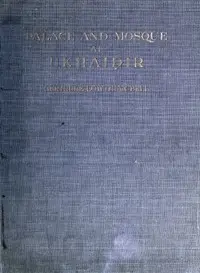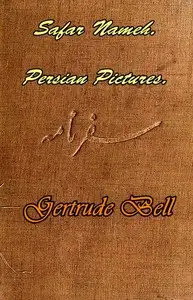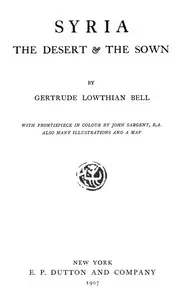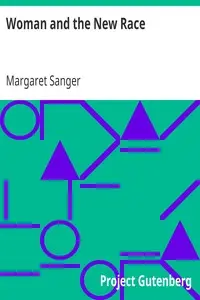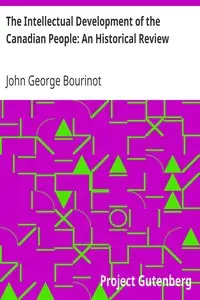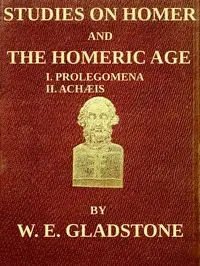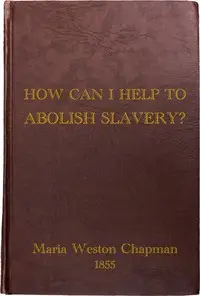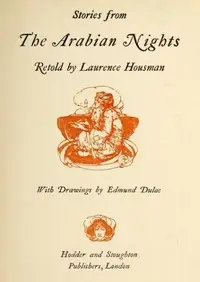"Amurath to Amurath" by Gertrude Lowthian Bell is a historical account written in the early 20th century. The narrative unfolds against the backdrop of the Ottoman Empire during a time of significant political change and revolution, capturing the spirit of the era through the author's travels in the Near East. Bell's experiences and observations detail the lives and sentiments of the local populations while navigating through historically rich locations, such as Aleppo and the Euphrates River, shedding light on the complexities of governance, identity, and cultural intersection. The opening of the book introduces the readers to the bustling city of Aleppo, where the author engages with local figures in a lively bazaar scene, offering a glimpse into the day-to-day life and commerce during her travels. Through her interactions, readers learn about the prevailing sentiment of change among the people as they transition from an oppressive regime to a more liberated atmosphere following the Young Turkish Revolution. Bell reflects on the frustrations and aspirations of the local populace while illustrating the tangible historical elements resonant in the architecture and cultural practices of Aleppo, suggesting a deep connection between past and present—a theme that seems to permeate her journey through the Middle East. (This is an automatically generated summary.)
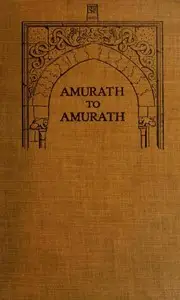
Amurath to Amurath
By Gertrude Lowthian Bell
"Amurath to Amurath" by Gertrude Lowthian Bell is a historical account written in the early 20th century. The narrative unfolds against the backdrop o...
Gertrude Margaret Lowthian Bell was an English writer, traveller, political officer, administrator, and archaeologist. She spent much of her life exploring and mapping the Middle East, and became highly influential to British imperial policy-making as an Arabist due to her knowledge and contacts built up through extensive travels. During her lifetime, she was highly esteemed and trusted by British officials such as High Commissioner for Mesopotamia Percy Cox, giving her great influence. She participated in both the 1919 Paris Peace Conference (briefly) and the 1921 Cairo Conference, which helped decide the territorial boundaries and governments of the post-War Middle East as part of the partition of the Ottoman Empire. Bell believed that the momentum of Arab nationalism was unstoppable, and that the British government should ally with nationalists rather than stand against them. Along with T. E. Lawrence, she advocated for independent Arab states in the Middle East following the collapse of the Ottoman Empire, and supported the installation of Hashemite monarchies in what is today Jordan and Iraq.

